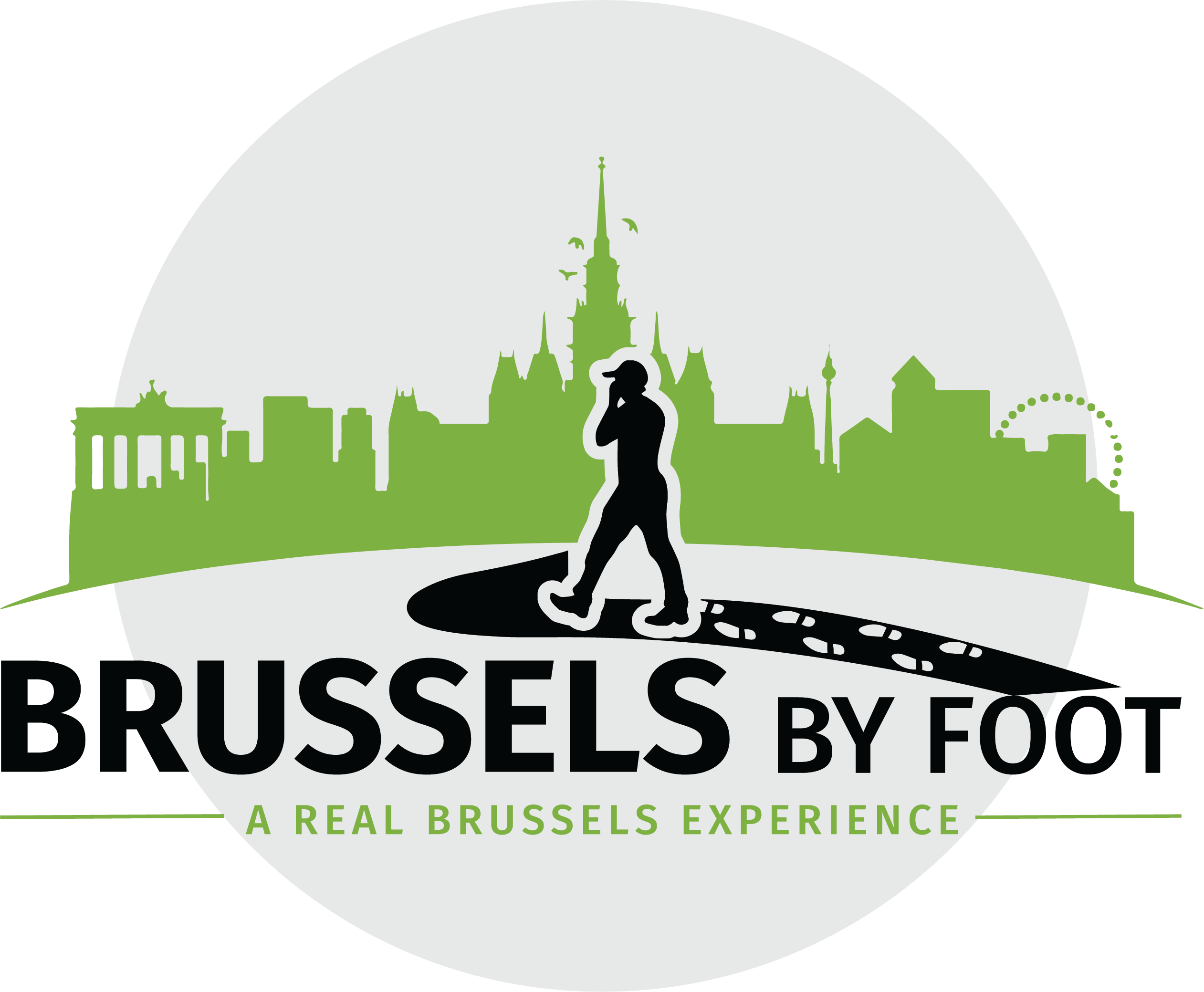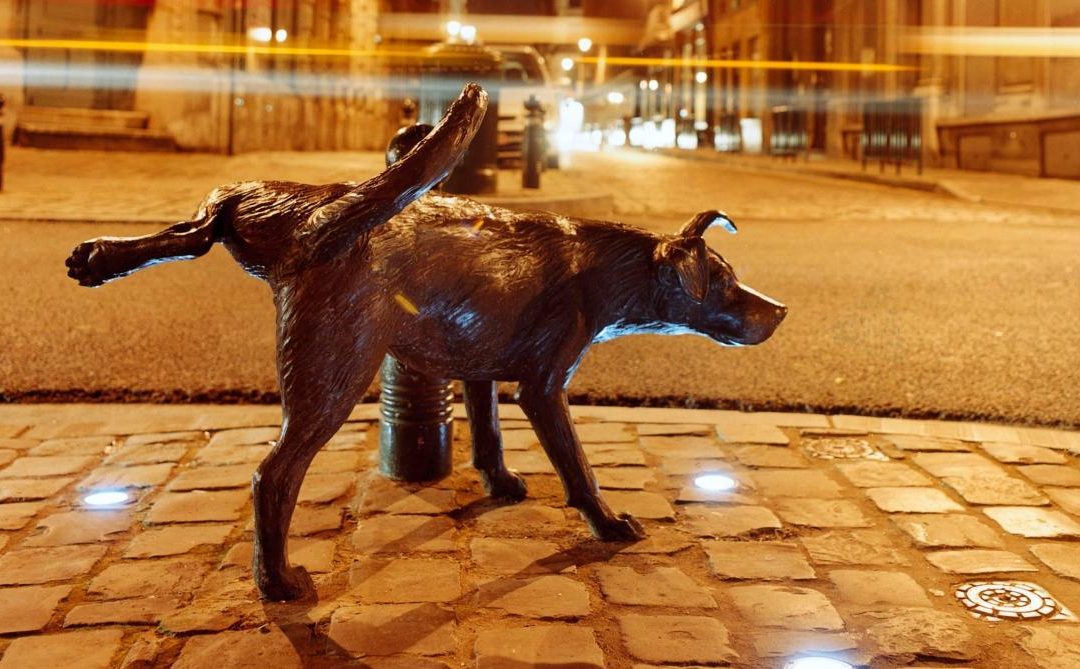Zinneke : Origin and evolution of a Brusseleir word
We’ve all heard the word Zinneke before. We know pretty much what it means. But where does it come from? And how has the word lived, how has its meaning evolved over the decades? We tell you the story of a word, which finally speaks a lot about the history of a city and the history of mankind…
In the 16th century, Brussels, an important but unhealthy city, was invaded by rats that transmitted many diseases. Rats were everywhere. They hid in houses, in cellars, in storerooms. The Senne (the river that runs through Brussels) was full of these pests and added to the insalubrity of the city. To chase the rats away, many Brussels inhabitants decide to adopt dogs…
When the solution becomes the problem…
And it worked. But soon the many dogs, abandoned by their owners and breeding among themselves, became themselves a scourge for the city. The bastard dogs multiplied in the streets and the Brussels people began to feel insecure about these beasts that had returned to an almost wild state. Those of the dogs that were the least valuable, the mongrels, were drowned in the river Senne (Zinne, in brusseleir).
The word “Zinne” refers to the Senne, and the particle “ke” means “small”, so the term Zinneke refers to the small bastards dogs that were destined to end up in the river.
The origin of the word is therefore a little sad and gloomy. But times having changed, the word then simply referred to a small “bastard” dog, a cross between 2 breeds. The qualifier was soon extended to humans. It ended up becoming the nickname of all the Brussels people, at the crossroads of so many cultures, breeds, histories…
Today, the Zinneke Parade, organised every two years in the capital, celebrates the diversity of Brussels. Read more about the Zinneke Parade here. We talk about Zinnneke and the origin of the word in our tour Brussels : 1000 Years of Struggles.


Recent Comments